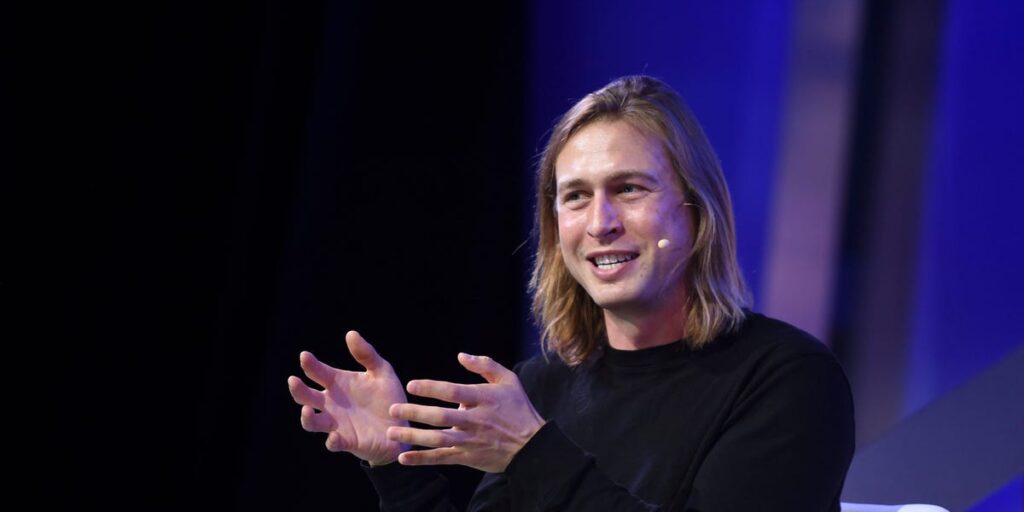Before fintech company Plaid became an essential link between banks and digital finance apps like Venmo, Robinhood, and Coinbase, its founders made a risky gamble.
Founded in 2013, Plaid’s leaders recognized a gap. While consumers had the right to access their financial data, banks didn’t have official application program interfaces for companies like Plaid to access the data on behalf of their customers.
To get in, Plaid relied on a practice known as “screen scraping,” essentially logging into users’ bank accounts with their usernames and passwords to retrieve data.
Screen scraping can raise privacy and security concerns because it requires sharing sensitive login credentials and bypasses banks’ direct control over the data.
On an episode of the “Acquired” podcast published Tuesday, Plaid’s CEO, Zach Perret, said the company scraped data from 12,000 banks.
“Doing this at scale is very complex,” Perret said.
He said some of Plaid’s work with banks was “very collaborative,” while other work was “a little bit more antagonistic.”
Some banks were frustrated that investing apps like Robinhood even existed — and that resistance made it harder for Plaid to work with them.
“Broadly, our goal was always to partner with the banks,” he said.
“Many of the banks actually came to us and said, ‘Great, we’d like to move to an API. We haven’t built it yet. Please just screen scrape us,'” he added.
In 2021, Plaid agreed to pay $58 million to settle a class-action lawsuit over data privacy. The case, filed in California, consolidated five lawsuits brought by consumers who said Plaid accessed their bank account data without their knowledge.
The suit also said that Plaid sold user data — a claim the company has denied.
In 2020, Plaid publicly committed to moving 75% of its data volumes to APIs, not screen scraping, by the end of 2021.
“At this point, we have the vast majority of our data coming from API-driven integrations,” Perret said on the podcast, adding that banks have built their own APIs.
Plaid is now in a “much more long-term sustainable technical infrastructure state,” he said.
Perret said that he was initially skeptical about whether people would want to link their bank accounts to apps like Venmo.
“It turns out people did it in droves,” he said.
“It was a chicken and egg thing,” Perret said. “We had to build the less scalable integrations before we could get to the more scalable ones.”
Last month, Plaid raised $575 million at a $6.1 billion valuation, in a round led by Franklin Templeton.
Perret and Plaid did not respond to a request for comment by Business Insider.
Read the full article here
















